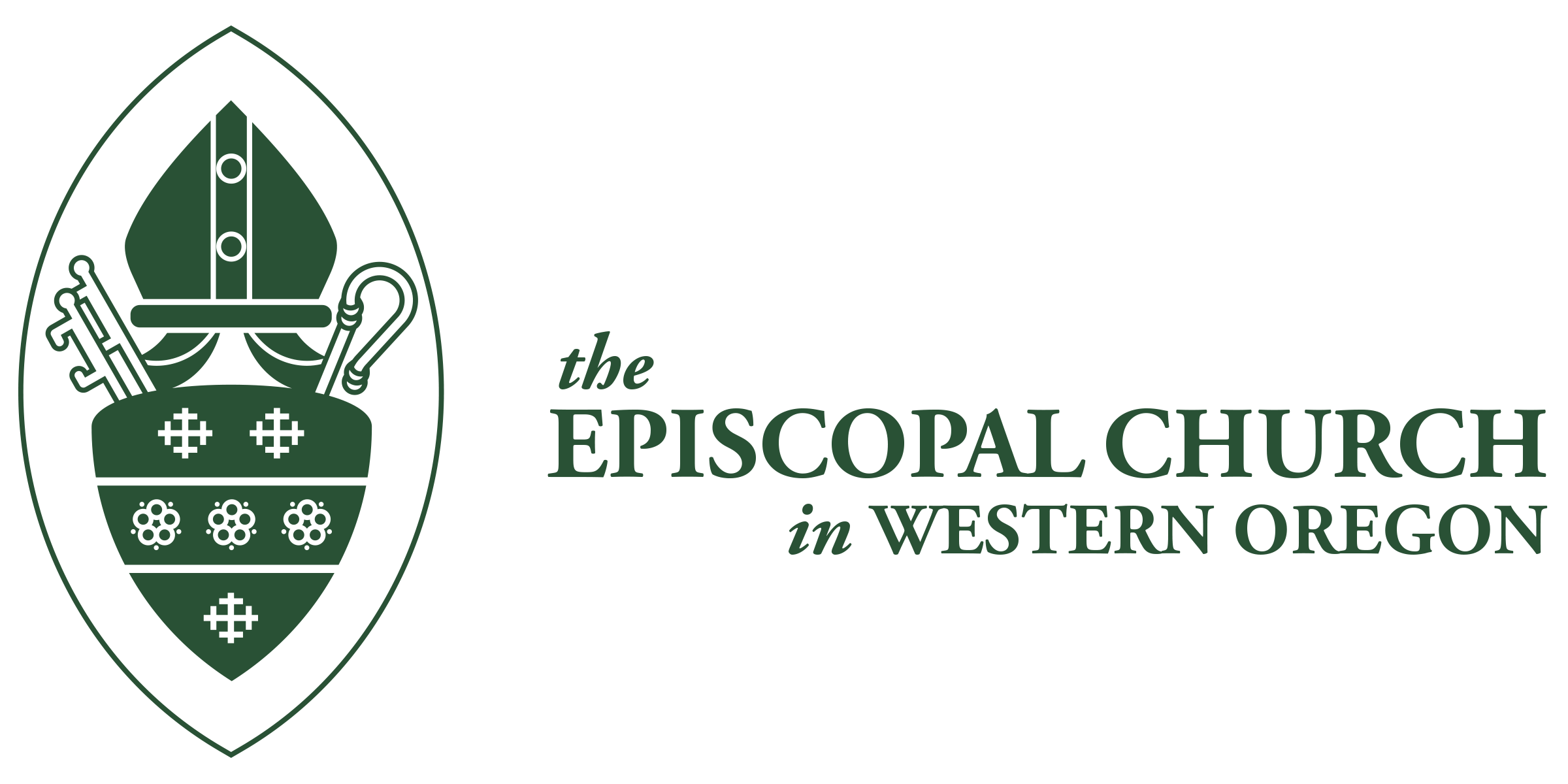Dear Friends in Christ,
Here is a question our diocese ought to explore, “What difference does it make that the Episcopal Church is in Western Oregon?” As I make my way around the diocese confirming, receiving, and reaffirming the faithful, I have been moved by the desire and commitment so evident in these services. The Holy Spirit is stirring in us a desire for a deeper life in Christ, and it is a desire we are called to live into not simply as individuals but as a people.
The Catechism in our Book of Common Prayer asks this question in a different way, “What is the duty of all Christians?” The answer: “The duty of all Christians is to follow Christ; to come together week by week for corporate worship; and to work, pray and give for the spread of the kingdom of God.” (BCP 856)
Duty is, perhaps, an old-fashioned sounding word to some. To others, it may have an almost coercive sound suggesting that one must conform by following blindly and without questions. Christian duty is much larger than a role or a job; it is a way of life that gains form and substance through our daily habits. The decision to be confirmed arises from a mature decision to seek a place within the Body of Christ through fulfilling our Christian duty.
The habits that give form to our Christian duty are specific. We are to worship in a weekly rhythm and corporately. While we may practice forms of private prayer and family devotions, the culmination of these practices ought to be in common prayer. The skeletal support of our duty as Christians is to follow Christ in and through community – corporate – worship.
To work, pray, and give for the spread of God’s kingdom is to first remember what is God’s “kingdom.” Jesus taught through a rich array of parables that God’s kingdom is not an earthly form of power and authority. He revealed the true power and authority of becoming a servant and by demonstrating how the first will be last and the last the first. Any increase in God’s realm can only come into being through our faithful work in this great reversal. And because this work cuts against the grain of the world as we know it, we must pray regularly and in common. Our human weaknesses and desires are relinquished in prayer; they are tempered by compassion for one another and our neighbor. The act of giving for the spread of God’s realm can take many forms. We give from our treasure, our talent, and our time. Ultimately, what we are called to give is our very selves, not because we seek suffering as a badge of merit but because all that we have and are come from God.
The words from the most commonly sung doxology remind us: All things come of thee O Lord, and of thine own have we given Thee.” We give not because we are feeling nobly generous about giving up something of our own; we give because all that we have and all that we are is of God. Our faith teaches that all good things come from God; our giving ought to reflect the astonishing abundance of God.
Work. Pray. Give. This part of our Catechism is actually trendy with its three-word construction. Trendy or not, our Christian duty is to live into the ways that God is calling us to bring into this world a new creation, one that will make a difference, if not to human knowing, then most certainly to God’s knowing.
Blessings,
+Diana
